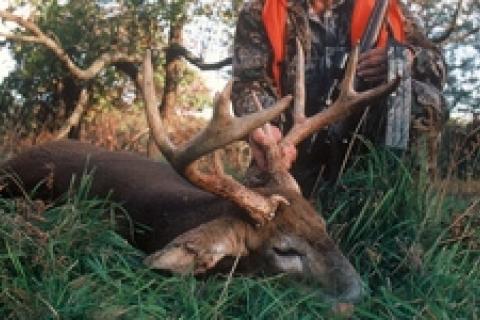
If all you're doing about deer hunting season now is fantasizing about that big buck you hope to encounter on a crisp November morning, you're making a big mistake, and you have a lot of catch-up to do. It takes more than day-dreaming about massive racks to be ready when seasons roll around.
If you want to be totally prepared this autumn when whitetail hunting begins, now is the time to get your mind, body, schedule and gear ready for the upcoming seasons.

If you put off preparations until the last minute, things will be in shambles when opening day rolls around. Guns and bows will sit gathering dust with loose screws and strings that need replacing. There may be rusty spots on the rifle, a rangefinder with a low battery or a pair of binoculars or your rifle scope that needs replacing.
Tip: The Tipton Best Gun Vise is designed to accommodate the widest possible range of firearms for cleaning, maintenance, or gunsmithing and is easily configurable to handle bolt-action rifles, break-open shotguns, AR-15's, or handguns.
Muscles will be out of shape, making that pre-dawn climb to a stand on a distant ridge a difficult, if not dangerous undertaking.
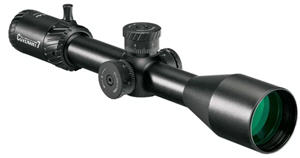
Non-resident and controlled hunt license deadlines will have passed. The hunting cabin roof will still leak. And if you're really unlucky, the land you've always counted on for a productive hunt will have changed ownership or been leased to someone else.
Even if your luck isn't that bad, you'll be rushing frantically to get ready, overlooking some important preparatory steps in the process. And almost without exception, the hunt will be a poorer experience because of it. Your enjoyment and satisfaction derived from the hunt, as well as your chances for success will be diminished.
Tip: Shop hunting optics and scopes here
Hunters Who Prepare are Most Likely to Bag a Buck
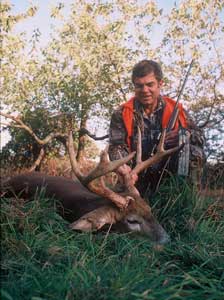
inch 8-pointer.
It's the hunter who thoroughly prepares for the season who is most likely to bag a good buck year after year. For those who stumble into the woods ill-prepared, August's fantasies become October's failures, or at the very least, minor frustrations and misfortunes.
A lack of physical conditioning, for instance, might make you quit hunting much earlier than you'd planned. The mountain rises too steeply before you. The gun hangs heavy on the shoulder. The stamina is just not there.
Maybe you forgot to line up days off work and the boss has a workload that won't let him give you time off during the peak of the rut.
Even if failing to get ready for deer hunting season far enough in advance doesn't result in any major disasters, it has other more subtle negative side effects. It turns the preparations into a hurry-up and catch-up race that negates one of the major purposes of the sport: stepping out of our hectic daily lifestyles into the slowed-down pace of nature.
It's hard to get into the rhythm of the woods when you're driving around town frantically at 4 a.m. trying to find a store open to buy last minute supplies instead of resting comfortably in camp, fully prepared and sleeping soundly until you're ready to head out.
Ways to be Completely Ready for Deer Season
Here are some of the key steps you need to take to be completely prepared for this fall's deer seasons and ready to relax and enjoy them to the fullest.
Get in shape. The first step — if you haven't had one recently — is to get a physical exam by your doctor. Then begin an exercise program that gradually increases your stamina. Five or 10 minutes of workout and a walk every day is a good starting point. Then gradually build up the program over following weeks. Bicycling, jogging, swimming, tennis and basketball are good activities. But you can get plenty of exercise from practical chores, too, like clearing brush, cutting firewood, gardening and weed eating. Getting in the woods and scouting your hunting territory is also a good way to get in shape.
Secure your spot. Confirm your current hunting setup or find a new place to hunt. Nothing is more disheartening than arriving at your favorite hunting spot to find someone else parked there and sitting in a stand on your favorite ridge. Or maybe there are suddenly "no trespassing" signs up and a new owner's signature on them.
Tip: Shop all types of hunting tree stands here
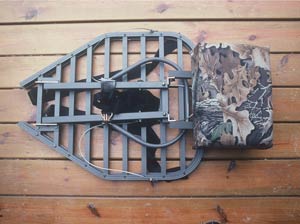
and everything is sound.
This is a hard reality to face, but at least if you find out now that the land you always hunted on has changed hands you'll have time to line up another place to hunt and scout the property before the season arrives.
If you don't have a regular hunting spot, have lost your old one, or simply want to find another area or two as alternatives, now is the time to do so, rather than the day before the opener. Contact wardens, regional biologists or the state wildlife department and find out all you can about the potential of hunting spots near your home. While you won't be given an exact ridge you should hunt on, these professionals will give you some good general advice on promising areas to start your search.

Camera
Also check out local hunting clubs that might have openings or landowners and corporations that might lease rights to hunt on their land. You can also simply drive back country roads and search out good looking habitat then see if the property owner will allow hunting either free or for a fee.
Set trail cameras: Once you've pinpointed one or two good places to hunt or re-confirmed permission to hunt on your regular property, it's time to set hunting game and trail cameras. This will give you an idea of what types of bucks are present, the sex ratio of deer on the property and what areas are being used. Set them near trails, mineral licks and edges of likely feeding fields and staging areas.
Tip: On the hunt for a high-quality trail camera that won't break the bank? The Cabela's Outfitter Gen 3 30MP IR Trail Camera has a lightning-fast .5-second trigger speed, snapping 30MP images and HD 1080p videos to help you plan your next hunt.
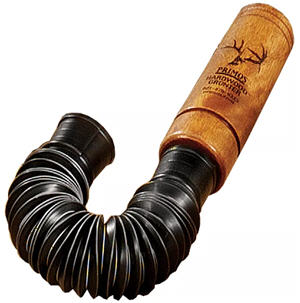
System
Request time off work: Some jobs are flexible and let you take off on short notice. But if yours isn't one of them, line up your favorite dates well ahead of time — before co-workers who hunt have asked for those key dates off too. Opening day, the pre-rut, peak rut...whatever times you favor, be sure you'll be free to hunt them from dawn to dusk.
Apply for hunting licenses: You don't want to wake up opening day and realize you forgot to renew your license. And if you plan to apply for a limited-draw area or out of state hunt, you need to get your application in before early deadlines elapse. Don't forget extra stamps that might be required for wildlife management areas, national forests and the like.
Line up lodging: This could mean sprucing up and doing repairs on a hunting camp, checking the tent for leaks, making a motel reservation or booking a camp site. But whatever it is, get it reserved or fixed up and ready in advance.
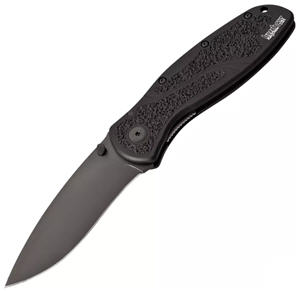
Inspect hunting gear: Clean and check for potential problems with your modern firearm, muzzleloader, bow and crossbow. Check for loose screws on your rifle scopes, strings that need replacing and rust spots that need touch-up.
Inventory gear and repair or replace items as needed. Go through every piece of equipment you need for a successful and enjoyable hunt and see if any item needs sharpening, cleaning, oiling, repairing or replacing. Check deer calls, tree stands, packs, rattling antlers, binoculars, spotting scope, camouflage hunting clothing, scent eliminators, knives, hunting boots and other gear.
Tip: Shop hunting knives, knife sharpeners and tools here
Sight in and practice. Nothing is more disheartening than to spend hours preparing, lining up a hunting spot, getting up before dawn and waiting for hours on stand, only to miss the shot when a deer appears. There are usually three reasons why misses occur: rushing the shot, getting buck fever and not practicing enough before the season.
You need to exercise mental control to avoid the first two mistakes. The last one requires time and effort. Start months before the season, or even practice off and on all year.
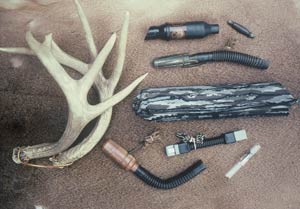
ready for the hunt.
First sight in you bow, crossbow, muzzleloader or rifle, then try shooting in a variety of positions and at different distances until you feel totally comfortable. Wait a few days and then do it again.
Not only will the practice make you a better shot, but you'll feel more confident. That will make it easier to avoid the other two reasons for misses: rushed shots and getting buck fever. When a good buck shows up, raise the bow or firearm slowly and carefully when it's not looking your way. Then use a strong shot of will power to talk yourself out of the shakes and heavy breathing that buck fever causes.
Wait until the bullet or arrow finds its mark. Then you can get excited and celebrate the hard-earned trophy you've claimed.
These are Also on the List of Crucial Items for a Quality Hunt
Replace batteries. We're not Daniel Boones any more with just a rifle, knife, powder and bullets. Rangefinders, GPS units, flashlights, illuminated scopes, two-way radios, cell phones — get all your hi-tech gear recharged and freshly powered up.
 Order topographic maps and aerial photographs. They show contours, natural funnels, likely bedding areas, clearings, streams, steep escape areas, swamps, old home sites, fields and forested areas, roads, trails, streams and other useful details about your hunting area.
Order topographic maps and aerial photographs. They show contours, natural funnels, likely bedding areas, clearings, streams, steep escape areas, swamps, old home sites, fields and forested areas, roads, trails, streams and other useful details about your hunting area.
They let you mark down sign and likely stand sites and discuss hunting strategy with friends. Of course much of this can also be done with the newest GPS navigation devices.
You'll be proud both from your hunting skills and from the savvy you showed in getting ready well ahead of the season.
Good hunting!
- 9090 views

